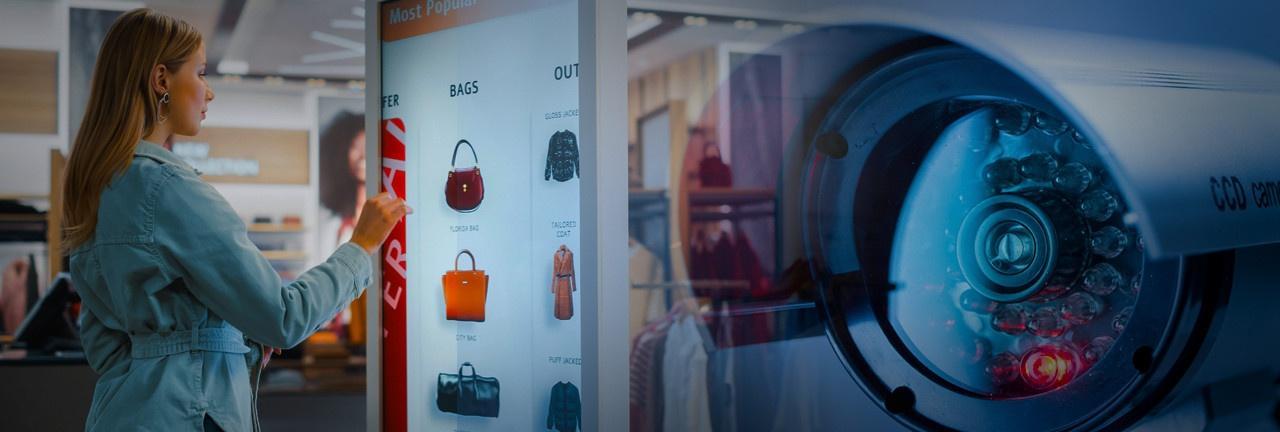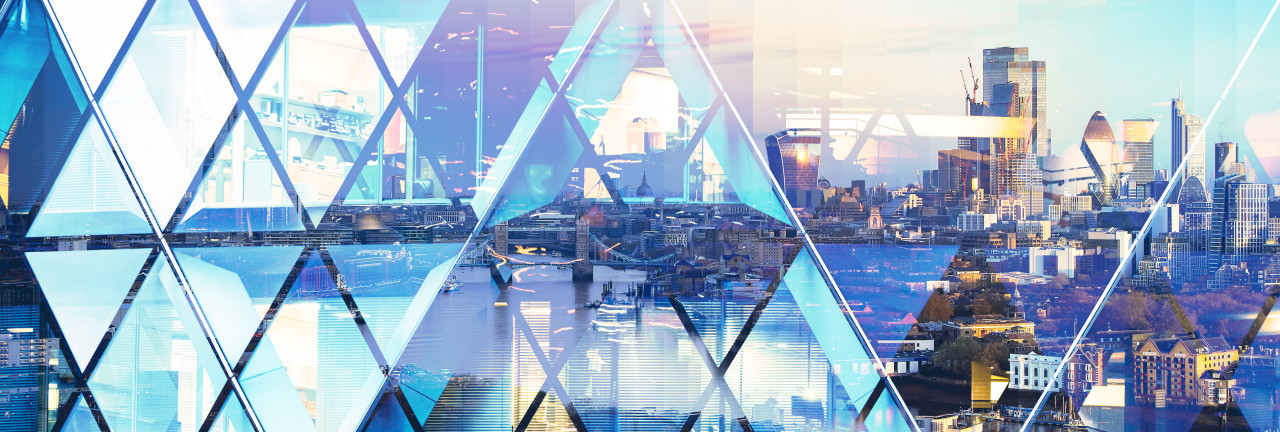When it comes to building brand loyalty, customers increasingly expect the retailers they shop from - whether that's online, in person, or via click-and-collect - to demonstrate tangible efforts to operate in an ethical, sustainable, and environmentally friendly manner in everything they do.
No matter how sure you are that your network is secure, you may still be at risk of cyberattacks. It's no exaggeration Cybercriminals are constantly working to stay one step ahead of organisations and security professionals, exploiting any vulnerability they can in even the most sophisticated systems.
It's well-established that security is an essential part of all infrastructure. With data protection more of a concern for customers and end users than ever - particularly in light of regulations like the Cloud Act and GDPR - it's vital that organisations demonstrate a clear commitment to the security of their networks, Cloud applications and physical devices.
We see over and over again how COVID-19 is transforming the way we work and connect with each other. Employees across virtually every industry are now working effectively from home, even if such an arrangement would have been unthinkable at the start of this year. It's been extremely heartening to see the range of innovations that have been embraced in response to the crisis, but it's important not to forget the foundations of your IT infrastructure as you explore these solutions. For example, consider how you are backing up and storing the lifeblood of your organisation: your data.
All organisations store data, and regardless of whether it's a recipe or an algorithm, this data is an organisation's most prized asset, which is why hackers make it their target. The Cyber Security Breaches Survey 2019 from the Department for Digital, Culture, Media & Sport (DCMS) found that 32% of businesses identified cyber security breaches or attacks in the last 12 months, which have cost an average of £4,180 in lost data and assets
Policymakers have now recognised that world-class digital connectivity and fast internet connections are as essential to the future of the society now as ports, railways, airports, and highways were throughout the last two centuries. Those systems transformed the way people lived and worked, irrevocably changing human conceptions of distance, speed, and time.
Achieving successful digital transformation across the Architecture, Engineering and Construction Sector.
New technologies are transforming every aspect of how projects are brought from conception to completion across the AEC sector. As a result, numerous leaders across the sector are accelerating their digital transformation plans, embracing the Cloud, AI, big data, and IoT in order to both overcome their immediate challenges and bring their long-term business goals closer.
Although the sector as a whole has traditionally been comparatively wary of the ever-increasing pace of technology, legal services are increasingly data driven, with an abundance of AI-related discussion emerging within legal technology circles. The core Document Management Systems (DMS) and Practice Management Systems (PMS) remain the centre of focus for how and where to deploy a variety of rapidly maturing SaaS platforms, or dedicated, highly customised suites.
Retailers - be they small local shops, online sellers, or top global brands - generate, transfer, and store more data than ever before, ranging from customer data (both online and in-store, as we have considered in previous articles), to supply chain and asset tracking data. Whether it's shopping online or utilising in-store apps to access the latest savings and special offers, the way customers shop has fundamentally changed forever, with the data they generate online and in person allowing retailers to build up unique personas that drive truly bespoke experiences.
Like many longstanding institutions, Britain's world-renowned pubs are undergoing their own digital transformation journey, utilising leading-edge technologies to offer truly personalised experiences to patrons of all ages and backgrounds - from longstanding regulars visiting for their usual pint, to families looking for a meal, and young professionals working on the go. It's an exciting time for the sector as a whole, but at the same time, the drive for modernisation must not come at the expense of patrons' safety and enjoyment.
With fundamental shifts in consumer behaviour, changing economic conditions, and a rapidly evolving regulatory environment, it's a challenging but exciting time for the UK's retail sector, and technology has a key role to play. In particular, advances in IT and networking solutions are empowering retailers to enhance their operational efficiency, improve the customer experience, and retain their competitive edge in an increasingly online and interconnected world.
The Finance sector has always been one of the most dynamic, rapidly evolving industries, and this shows no signs of changing any time soon. But while shifts in the landscape may well open new opportunities, they will also come with new challenges, and it is the organisations who are ready and able to face these head-on who will continue to thrive in the years ahead.
In 2019, we worked with a customer who owns and operates a mine in Mozambique to help them identify their key business objectives and advise them on how to succeed on these. Throughout our discussions with them, we defined the below key objectives:
We've been hearing about the impending demise of the high street for years now, ever since online shopping and click-and-collect established themselves as part of our day-to-day lives. And yet, while brick-and-mortar retail has certainly been through a great many challenges and upheavals, it doesn't show any sign of going away quite yet. Rather than simply expecting customers to be content with previous generations' shopping experiences, the sector has demonstrated considerable ingenuity by taking full advantage of emerging technologies to deliver the kind of personalisation that would previously have been the sole preserve of online platforms.
Like many fixtures of our lives, Britain's pubs were heavily impacted by COVID-19, with their familiar patrons unable to come in for a post-work drink, or meet with friends at the weekend. But while it was undoubtedly a difficult period for the industry as a whole, this great British institution did as it has always done, and adapted to suit its patrons' evolving requirements.





















